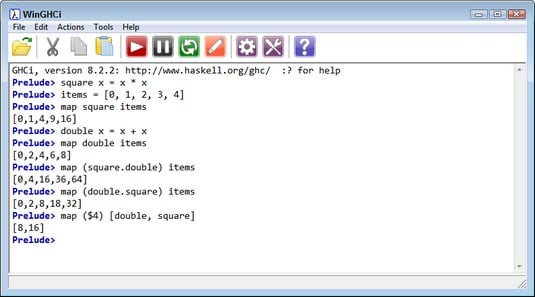

I think that the answer to both of these questions is no. I am occasionally asked if learning to code is like learning a foreign language, and if one might substitute a programming requirement for a foreign language requirement in the college curriculum. They also want to learn more about how computer software structures much of everyday life, from the more obvious devices we use on a daily basis to the more or less hidden roles that software plays in commerce, finance, government, entertainment and the “internet of things.” Students recognize the obvious importance of this skill in the current job market. Over the last couple of years, computer science departments in colleges across the country have been reeling from a tidal wave of students interested in learning computer programming. I’m very fortunate to teach at a college whose dean (Suzanne Keen, the Thomas Broadus Professor of English and Dean of the College) believes that everyone should learn how to code.Ĭoding, a synonym for computer programming, is definitely hot.

We asked Professor Lambert to discuss the importance of introducing students to computer programming language, and to compare and contrast the study of programming languages with the study of foreign languages. He has previously published 26 books on introductory computer programming in three different programming languages. Lambert, who has been a professor at W&L since 1985, has served three terms as chair of the Computer Science Department. Ken Lambert, professor of computer science at Washington and Lee, is spending the summer completing a book on computer programming called “A Gentle Introduction to Functional Programming in Haskell.” The book is the result of a directed individual study that Lambert sponsored last fall for two students, Lydia Barit ’16 and Maria Jose Herrera Quesada ’16. “Learning how to code is more like an exercise in design, engineering and detective work than an exercise in learning a foreign language.” Summer Study: Ken Lambert Summer Project: "A Gentle Introduction to Functional Programming in Haskell." Search Feature Stories Campus Events All Stories Stories by Discipline


 0 kommentar(er)
0 kommentar(er)
